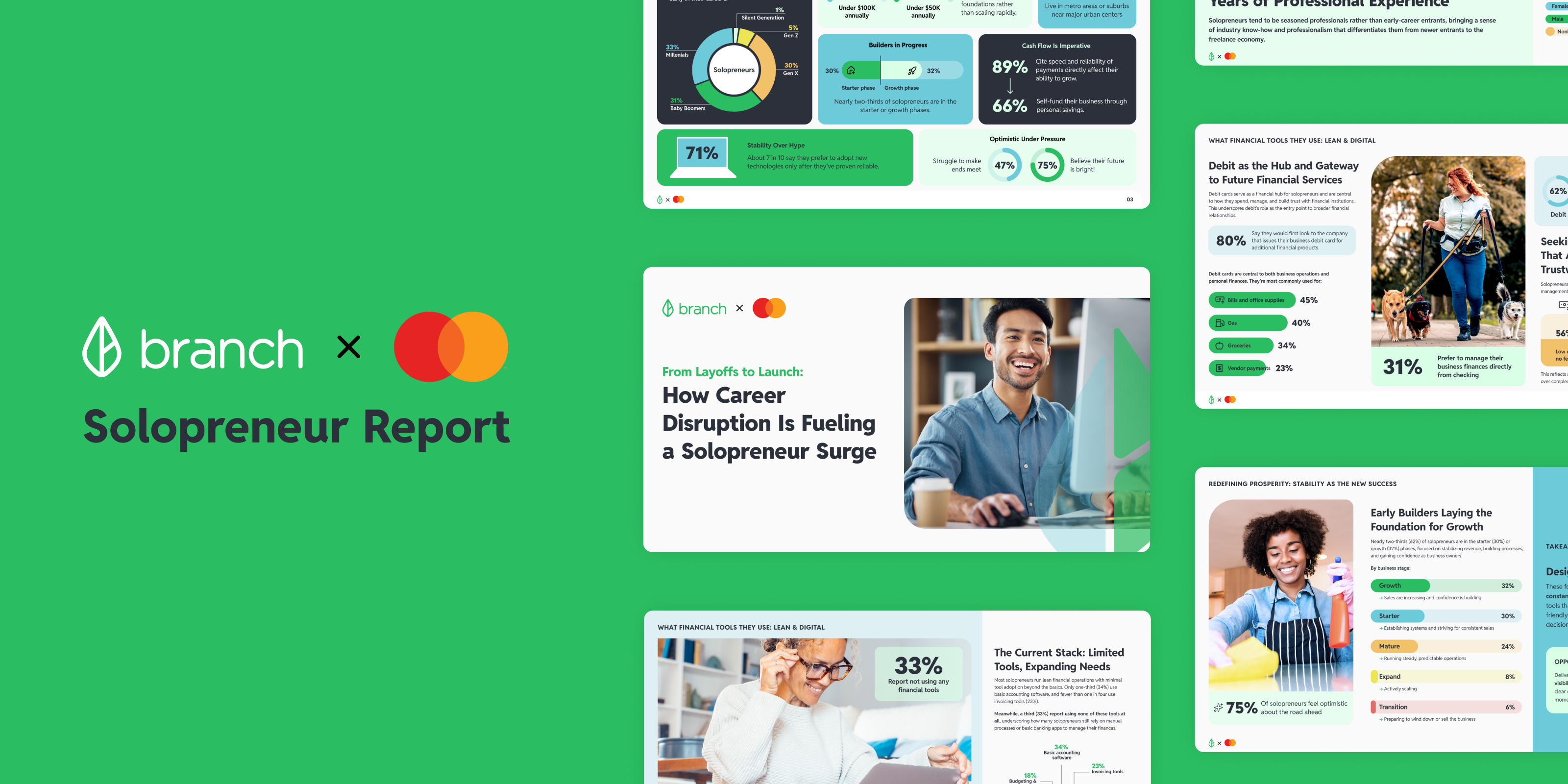
Building a Resilient Workforce: The Art of Recruiting and Retaining Allied Health Professionals
In the ever-evolving landscape of healthcare, the role of allied health professionals has become increasingly vital. These skilled individuals—ranging from medical technologists to physical therapists—play a crucial role in delivering comprehensive patient care. However, as the demand for healthcare services surges and new challenges emerge, the recruitment and retention of allied health professionals has become paramount. Building a resilient workforce in this sector requires a strategic approach that combines innovative recruitment tactics and effective retention strategies.
The landscape of allied health professionals
Also known as paramedical or advancing health professionals, allied health professionals encompass a diverse group of individuals who contribute to patient care outside the realm of traditional medical practitioners. (Think: pretty much everyone aside from doctors and nurses). These professionals make up 60 percent of the US healthcare workforce, and may include some of the following specialties:
- Dental hygienists
- Physical therapists
- Occupational therapists
- Speech-language pathologists
- Pharmacy technicians
- Medical stenographers
- Dieticians and nutritionists
- Diagnostic technologists
- Medical assistants
While the roles of these individuals vary, their impact on patient outcomes is substantial, making their recruitment and retention critical for maintaining high-quality healthcare services.
Why allied professionals are crucial to the future
Allied professionals are critical to an aging population. AARP cites strokes, congestive heart failure, and cardiac arrest as some of the leading reasons that older adults are admitted to hospitals. Age is also the biggest risk factor for cancer, with nine out of 10 cancers getting diagnosed in people who are 45 or older. All of these medical conditions require paramedical personnel and allied specialists to assess and care for patients.
Unfortunately, 85 percent of health facilities are experiencing a moderate to severe shortage of allied health workers. A 2022 study cites a longer time to fill positions (71 percent) and worker burnout (46 percent) as some of the biggest staffing challenges. It’s critical to figure out better ways to both recruit and retain these specialized professionals.
Crafting a compelling work environment
Recruiting allied health professionals requires a comprehensive understanding of their unique skills and motivations. Traditional methods of recruitment—such as job postings and career fairs—remain valuable, but a multi-pronged approach is now essential. Leveraging social media platforms, professional networking sites, and partnerships with educational institutions can help reach a wider pool of potential candidates. Highlighting the opportunities for professional growth, skill development, and the meaningful impact on patient lives can also help attract the right individuals.
Employee retention in healthcare goes beyond competitive salaries. Creating an environment that fosters job satisfaction and career progression is vital. Here are some of the most important benefits to offer:
- Flexibility: Often, people pursue job opportunities in the allied healthcare field because of the flexibility it offers, and the opportunity to set one’s own schedule. Healthcare companies are wise to take a page from the gig playbook when it comes to offering allied health professionals maximum flexibility and autonomy in how and when they work if they want.
- Ongoing training: The healthcare landscape is constantly evolving, and allied health professionals often find themselves at the forefront of that change. Building a resilient workforce means equipping these professionals with the tools to adapt and thrive in dynamic environments. Providing ongoing training to keep their skills up-to-date with the latest advancements not only benefits patient care but also enhances job satisfaction by preventing stagnation.
- Room for advancement: Gen Z is less patient when it comes to advancing quickly in their careers. In the allied health profession, smart retention strategies may involve offering tuition reimbursement for employees who wish to continue their education; on-site training and mentorship, and clear paths for promotion.
- Instant pay for healthcare workers: Even high-earning allied healthcare workers can struggle with financial insecurity. On-demand pay options can increase retention rates by as much as 37%. Options like earned wage access or instant payouts for 1099 healthcare contractors who can get paid immediately after a shift have the power to change lives.
- Recognition: A strong emphasis on work-life balance, recognition programs, and wellness initiatives can contribute to a positive workplace culture that encourages long-term commitment and keeps employees engaged.
Recruiting and retaining allied health professionals is an art that combines strategy, innovation, and a deep commitment to quality patient care. By understanding the unique needs and aspirations of these professionals, healthcare institutions can build a workforce that not only survives but thrives in the face of challenges. As the healthcare landscape continues to evolve, the importance of allied health professionals will only grow, making the investment in their recruitment and retention a strategic imperative for the industry's success.
Continue reading
Unlock a Happier, More Productive Workforce







